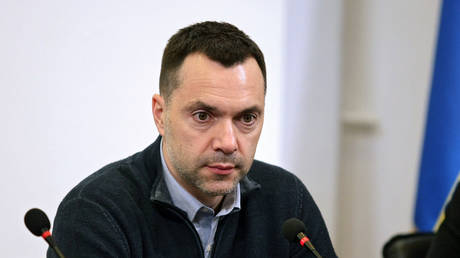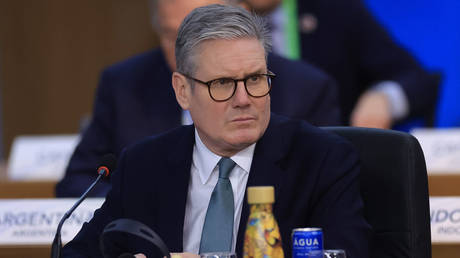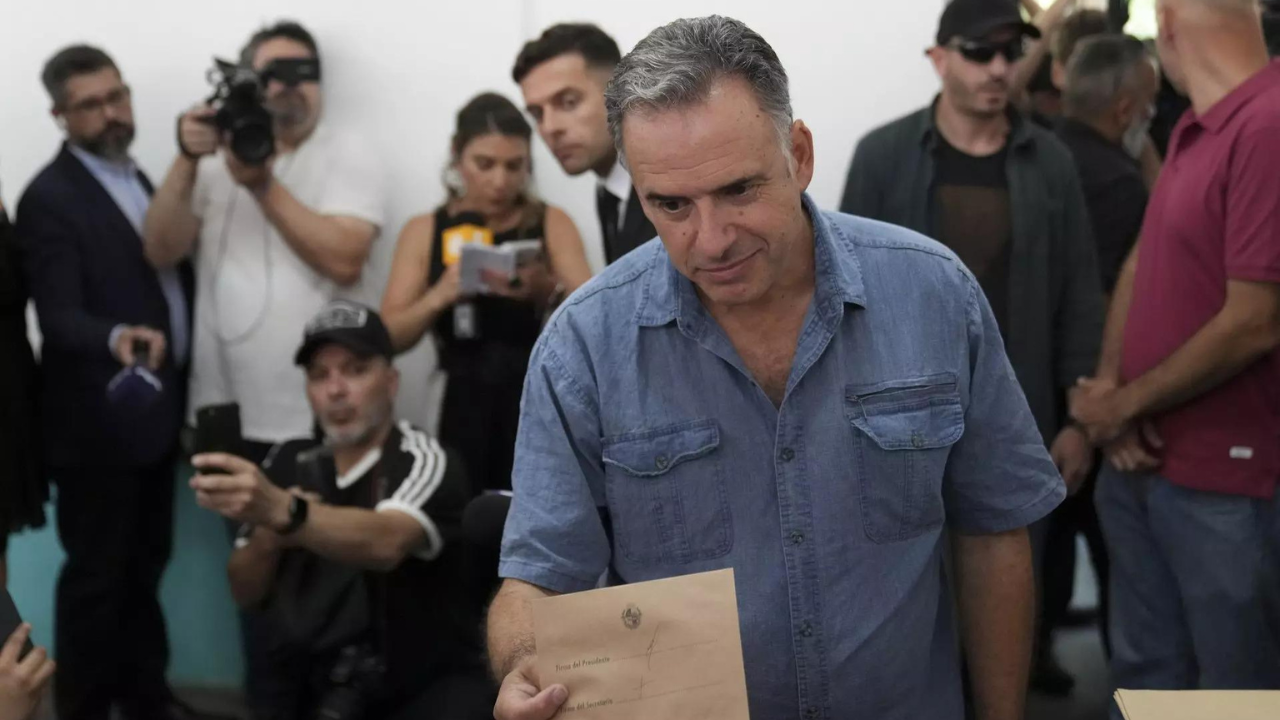ARTICLE AD BOX
Bloc is unlikely to draft a negotiation framework for Kiev until after EU parliament elections, Ursula von der Leyen has said
Kiev’s EU membership bid is likely to remain stalled for at least the next three months, European Commission head Ursula von der Leyen told journalists on Wednesday. The official cited difficulties with agreeing on a potential negotiation framework for the accession talks as a reason for the delay.
Her agency was “still working” on the framework, von der Leyen told a press conference in Brussels, adding that “different negotiating positions” had been developed and reviewing all options would take time.
”My best guess is that it will not be ready before the European elections,” she said, referring to the elections to the EU parliament scheduled for June 6-9. “I guess around summer, beginning of summer we’re going to be ready,” she added.
EU leaders agreed to open accession talks for Kiev on December 14, 2023. The EU leadership resorted to unusual political maneuvering when it pushed the start of accession talks through the Council of Europe in December. Hungarian Prime Minister Viktor Orban, a vocal critic of Brussels’ approach to Kiev, left the meeting when the vote was cast. This allowed the EU requirement for unanimous approval to be technically met without him explicitly supporting the decision.
Read more Ukraine not welcome in NATO and EU – former Zelensky adviser
Ukraine not welcome in NATO and EU – former Zelensky adviser
The next step would require officials in Brussels to draft a negotiation framework for the process, which is expected to include guidelines and principles for the talks. The paper is then to be reviewed by the member states, which have a final say in kick-starting the formal negotiating process.
The EU Commission was initially expected to present the document within the next few weeks, according to Politico. Wednesday’s announcement immediately drew criticism from Kiev. “I do not see the reasons why it would be difficult,” Ukraine’s envoy to the EU, Vsevolod Chentsov, told reporters.
An EU diplomat speaking on condition of anonymity then told Politico that Brussels keeps making the same mistake by giving rise to unrealistic expectations among the accession candidates and then dashing them when reality turns out to be more complex. Ukraine “is now apparently falling victim to it as well,” the diplomat added.
Hungary is not the only EU member skeptical about Kiev’s candidacy. French President Emmanuel Macron told the nation’s media following the December summit that the EU was “very far” from letting Ukraine join the bloc as a new member.
Slovakian Prime Minister Robert Fico had previously also expressed his support for Hungary’s stance on Ukraine. In particular he called Budapest’s conditions for funding Kiev “rational and sensible.”
.png)
 9 months ago
5
9 months ago
5








 English (US)
English (US)